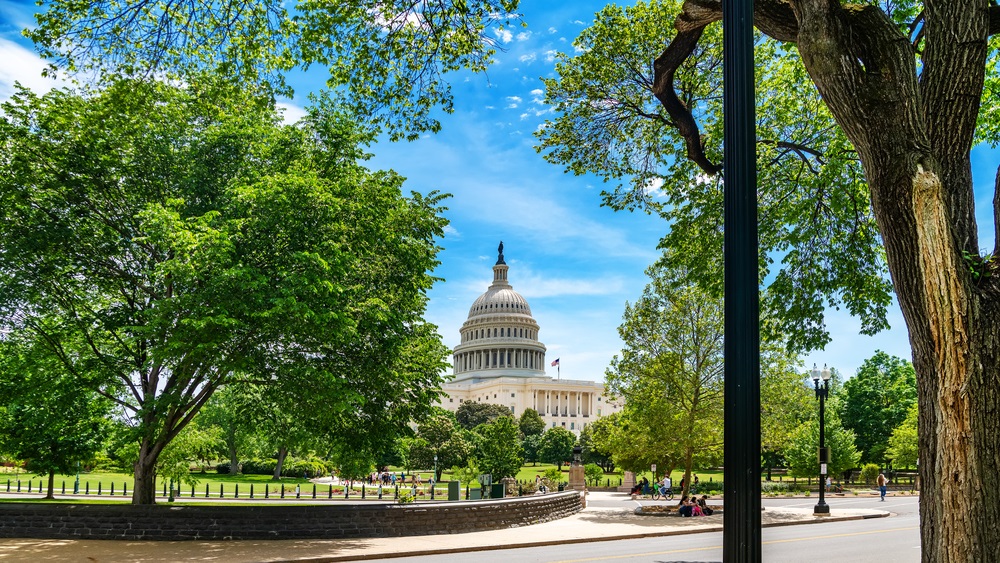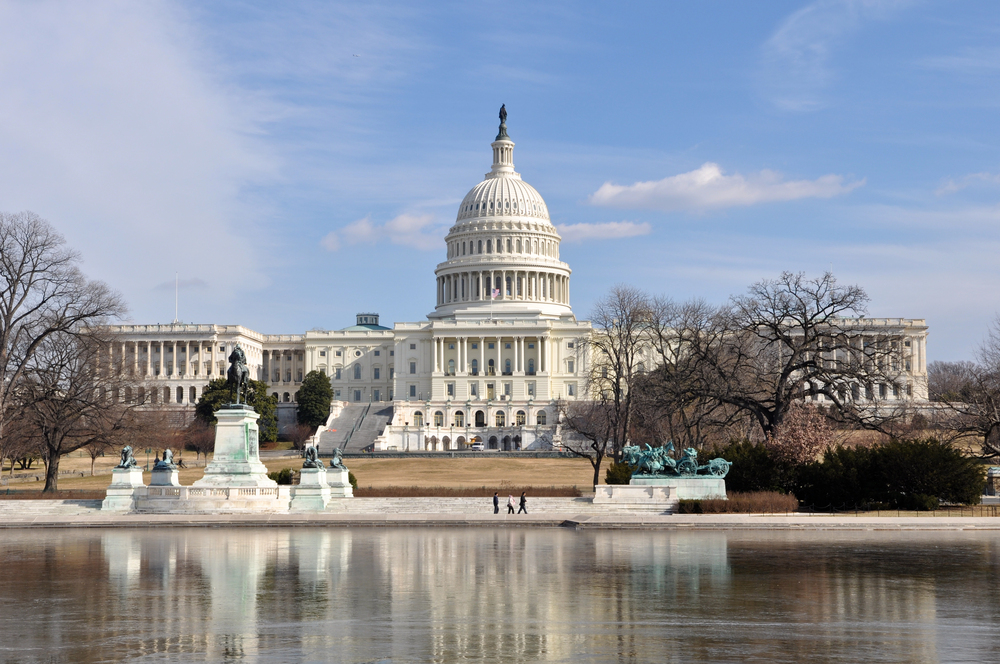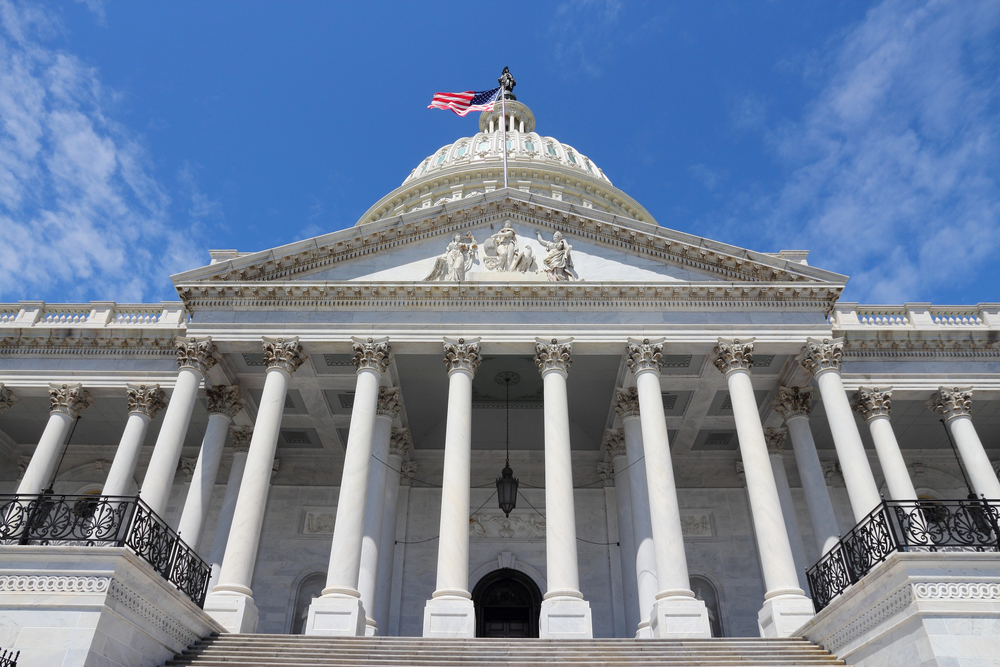Legislation Introduced to Close the TPLF Tax Loophole

Abuse of the U.S. legal system is becoming a larger problem with each passing year, adding considerable costs to the insurance industry, which are ultimately passed along to the consumer in higher premiums.
The litigious environment has exploded in recent years. The size and scope of jury awards of $10 million or more, also known as nuclear verdicts, as well as the number of cases being brought to trial, are both increasing significantly.
In fiscal year 2023, federal district courts docketed 339,731 civil cases, a 24% increase from the prior year, according to the U.S. Court year-end report on judicial business. Costs and compensation paid into the U.S. tort system reached over $529 billion in 2022, equating to 2.1% of U.S. GDP and over $4,200 per U.S. household, according to a study conducted by the Institute for Legal Reform.
More on third-party litigation funding
The Institute for Legal Reform study also found that tort costs grew at an average annual rate of 7.1% between 2016 and 2022, significantly outpacing inflation. If tort cost growth continues at this pace, U.S. tort costs will approach $1 trillion by 2030.
Meanwhile, third-party litigation financing (TPLF) has been rising at a similarly aggressive pace. TPLF is a side agreement where an investor—who is not party to a lawsuit—provides funding to a plaintiff or law firm in exchange for a large portion of any settlement. It is a growing multibillion-dollar industry with sophisticated investors. However, this practice is threatening the integrity of the U.S. court system, which is being abused for profit rather than justice.
Particularly troubling is the foreign money that is infiltrating the system. Many third-party investors are foreign entities, including sovereign wealth funds, that operate through shell companies. Due to their overseas status, they are not obligated to pay tax on increasingly lucrative returns.
However, last week, bicameral legislation, H.R. 3512 and S. 1821, known as the “Tackling Predatory Litigation Funding Act,” was introduced by Rep. Kevin Hern (R-Oklahoma) and Sen. Thom Tillis (R-North Carolina) into Congress.
More From the hill
The legislation would create a new tax specifically for TPLF, pegging the tax rate for proceeds to the top ordinary income tax rate of 37%, which will ensure parity with the tax rates that plaintiffs and attorneys have to pay. Additionally, it adds a 3.8% tax for using the court system–a public good–for profit, taking the total tax rate for TPLF returns to 40.8%.
Importantly, the legislation makes it clear that TPLF does not qualify for capital gains treatment, thereby closing the foreign TPLF tax loophole that currently allows foreign investors to pay zero in U.S. taxes.
The tax is levied solely on the third-party funders and does not create a new tax on actual plaintiffs or their attorneys, nor would it limit traditional law firm financing or disrupt post-judgment financing arrangements.
Earlier this year, Rep. Darrell Issa (R-California) introduced H.R. 1109, the “Litigation Transparency Act of 2025,” which would require disclosure of TPLF agreements between investors and parties to civil actions, as well as the disclosure of parties receiving payment in civil lawsuits. The bill does not have a Senate companion yet.
The Big “I” encourages Congress to pass these bills and consider additional ways to crack down on the predatory TPLF practice. Stay tuned to the News and Views e-newsletter for future developments.
Raaed Haddad is Big “I” director of federal government affairs.











